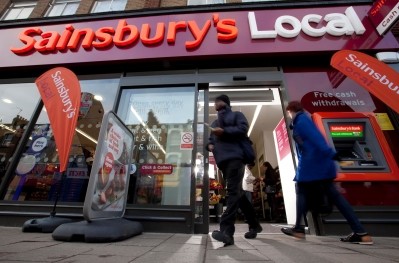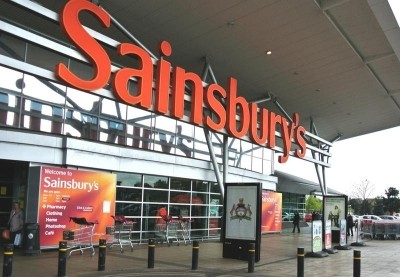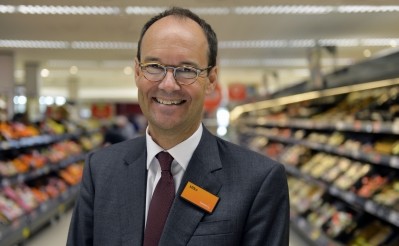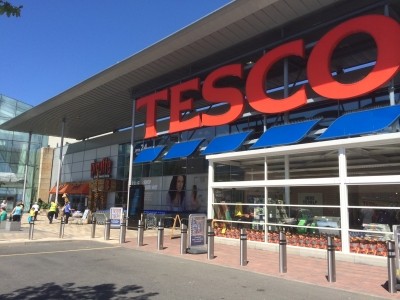Analysts' view
Sainsbury ‘licking self-inflicted wounds’ after results
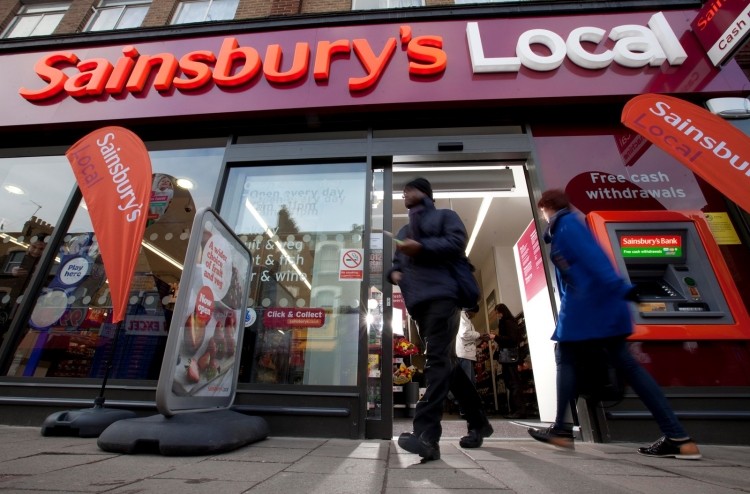
The supermarket chain reported its first loss in 10 years after writing down the value of its property portfolio in full-year results to March 14.
Black, director of research at Shore Capital, said it was “unfortunate” that ceo Mike Coupe had taken the reins at Sainsbury in such challenging times when Sainsbury’s profits were under significant pressure.
Under the heading “licking self-inflicted wounds”, Black said: “That pressure is partly self-inflicted, to our minds … We have been concerned about the disconnect between superstore bosses and their customers for some time …
“ … Despite extensive customer insight [via the retailer’s Nectar card scheme], signs of consumer distress or need and competitor preparedness to take on the incumbents in the form of the discount channel were ignored.”
‘Chequered’
The past 30 years had been “chequered” for Sainsbury – “a tale of stop and go”. The business had never really recreated the lustre of the early 1990s when it was “characterised by being one of the most advanced and innovative supermarket chains in the world”.
“Now, after a reasonably sustained period of progress, from a deeply debased level it should be said under the control of Justin King, Sainsbury’s profit, earnings and dividend advances have, once again, stalled and retreated.”
Having vowed to fight toe-to-toe with its competition, Sainsbury’s challenge over the next year was to conserve cash in the face of profit margin erosion, said Black.
As a result, it has committed to limiting capital expenditure to £550M and new store openings to one or two convenience stores a week. It is targeting cost savings of £200M in the next financial year.
Price cuts
However, it is investing £200M in price cuts over that period, £50M above previous guidance. Black expressed “concerns” that an estimated £110M of costs associated with price-driven volume sales growth “appears to be new guidance” and would lead to Shore Capital downgrading forecasts of Sainsbury’s performance.
Analysts Edouard Aubin and Francois Halconruy of Morgan Stanley responded to Sainsbury’s full-year results by revising its pre-tax profit forecast for the next financial year down by 3% to £570M.
Sainsbury’s reduction of net debt in the past year to £2.34bn despite increasing capital expenditure to £947M was positive, as was the fact that it had improved retail working capital by £313M, they said.
However, the property write-down and the costs involved with Sainsbury’s Bank were blows, they said, adding: “Despite the significant price investments (deflation in the market running at c2% currently), Sainsbury highlights that volume growth has remained relatively low throughout the year, with consumers instead spending their extra cash on eating out or on big ticket items for the home.”
For more detail on Sainsbury’s full-year results, click here.
